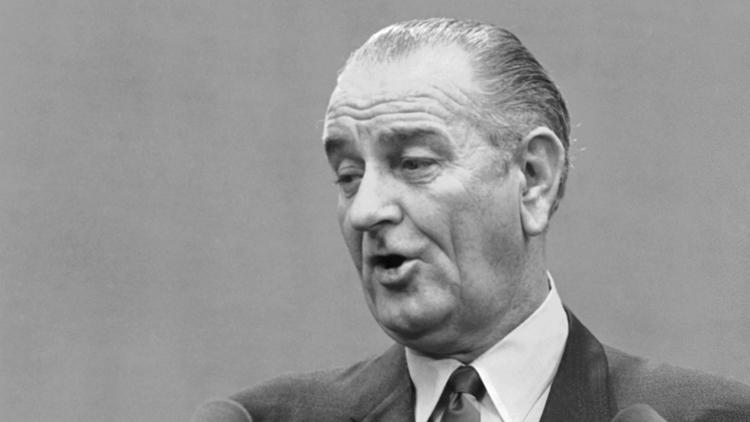WASHINGTON — President Joe Biden's abrupt Sunday announcement that he's dropping out of the 2024 race makes him the first president in nearly 60 years not to run for a second term by choice.
President Lyndon Johnson, besieged by the Vietnam War, announced in March 1968 that he wouldn't seek another term. He made the announcement after just a single state's primary had taken place.
Biden's decision comes after more than 14 million Democrats cast votes supporting him through the primary process. A party’s presumptive presidential nominee has never stepped out of the race for the White House so close to the election.
Johnson became president after John F. Kennedy was assassinated while riding in a motorcade through Dallas in 1963. He finished Kennedy’s term and won the election in 1964. Johnson enacted sweeping legislation to expand civil rights and social services, but he became increasingly unpopular because of the Vietnam War before dropping out of the race in 1968.
Before LBJ, Harry Truman had also ended his reelection bid after a single Democratic primary. Truman had been vice president for only a few months when Franklin Delano Roosevelt died in 1945. He soon learned a grave secret — the U.S. government had developed atomic weapons. Truman oversaw the dropping of two bombs on Japan and the end of World War II. He narrowly won reelection in 1948 but dropped out of the race in 1952 when he was on track to lose the Democratic primary.
Now, Democrats have to urgently try to bring coherence to the nominating process in a matter of weeks and convince voters in a stunningly short amount of time that their nominee can handle the job and beat Trump.
And for his part, Trump must shift his focus to a new opponent after years of training his attention on Biden.
What could happen at the convention?
With Biden stepping aside, Democrats technically start with an open convention. But realistically, his endorsement pushes Democrats into murky territory.
The immediate burden is on Harris to solidify support across almost 4,000 delegates from the states, territories and District of Columbia, plus more than 700 so-called superdelegates that include party leaders, certain elected officials and former presidents and vice presidents.
Biden won every state primary and caucus earlier this year and only lost the territory of American Samoa. At least 3,896 delegates had been pledged to support him.
Current party rules do not permit Biden to pass them to another candidate. Politically, though, his endorsement is likely to be influential.
The Associated Press contributed to this report.



